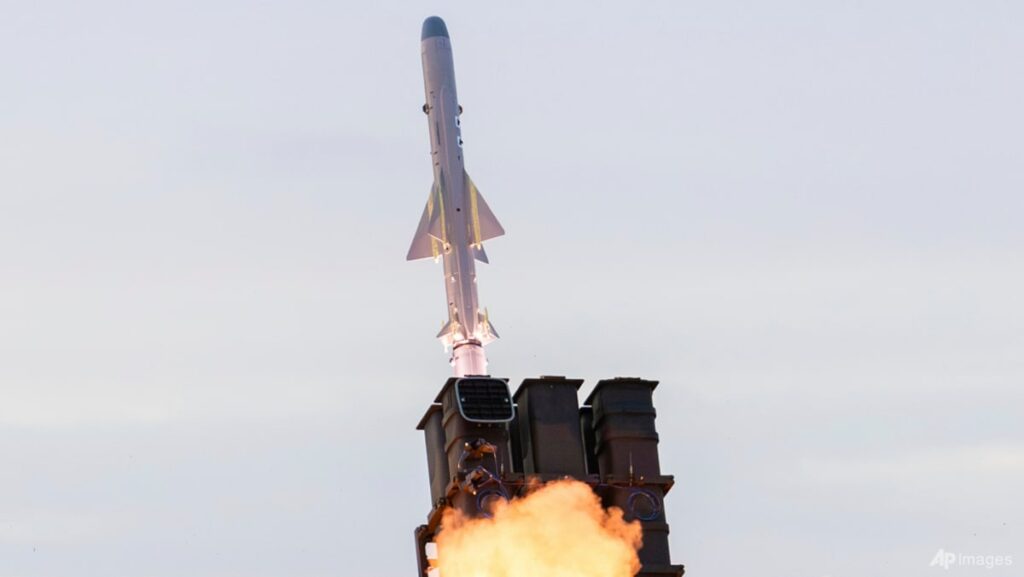CAPABILITY AND CREDIBILITY
While the government frames counterstrike as a form of deterrence, a persistent gap exists between stated ideals and operational realities. A common but misleading perception is that simply possessing counterstrike capabilities makes Japan secure.
Proponents argue counterstrike raises the costs of aggression, strengthening deterrence. But deterrence rests on two pillars: the physical capability to inflict unacceptable costs on an adversary and the political will and legal clarity to credibly use those means.
Japan may soon have the capability, but its credibility is undercut by constitutional limits, political caution and regional sensitivities. Without credibility, even advanced weapons may fail to deter – a paradox where the pursuit of deterrence could weaken deterrence itself.
The Tomahawk purchase highlights the contradictions. These long-range missiles, while powerful, cannot reliably destroy adversary weapons in the narrow window before launch.
Consider North Korea: Its missiles are fired vertically, revealing no target until after takeoff. By the time Japan detects the launch, confirms their destination and responds, Tomahawks may find their target too late.
This leaves Japan trapped between two unattractive options: Strike too late and it is meaningless. Strike too early and it risks undermining Article 9 and eroding Japan’s reputation for restraint.
Another challenge is intelligence. Japan’s ability to detect and attribute imminent attacks remains uncertain, given the opacity of Chinese and North Korean missile forces, as well as the proliferation of hypersonic missiles and cyber interference.
The risk that faulty judgment could spark escalation is growing.
This misperception that mere possession guarantees safety makes the public vulnerable to manipulation. Adversaries can exploit it by spreading narratives that amplify division or pressure policymakers into rash decisions. Thus, counterstrike is also an information security challenge.
Read the full article here

